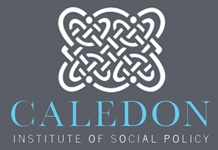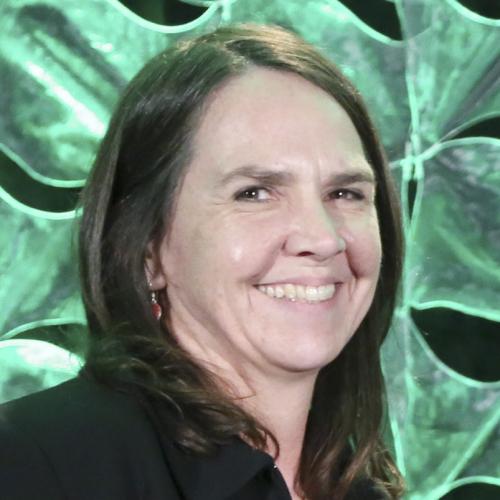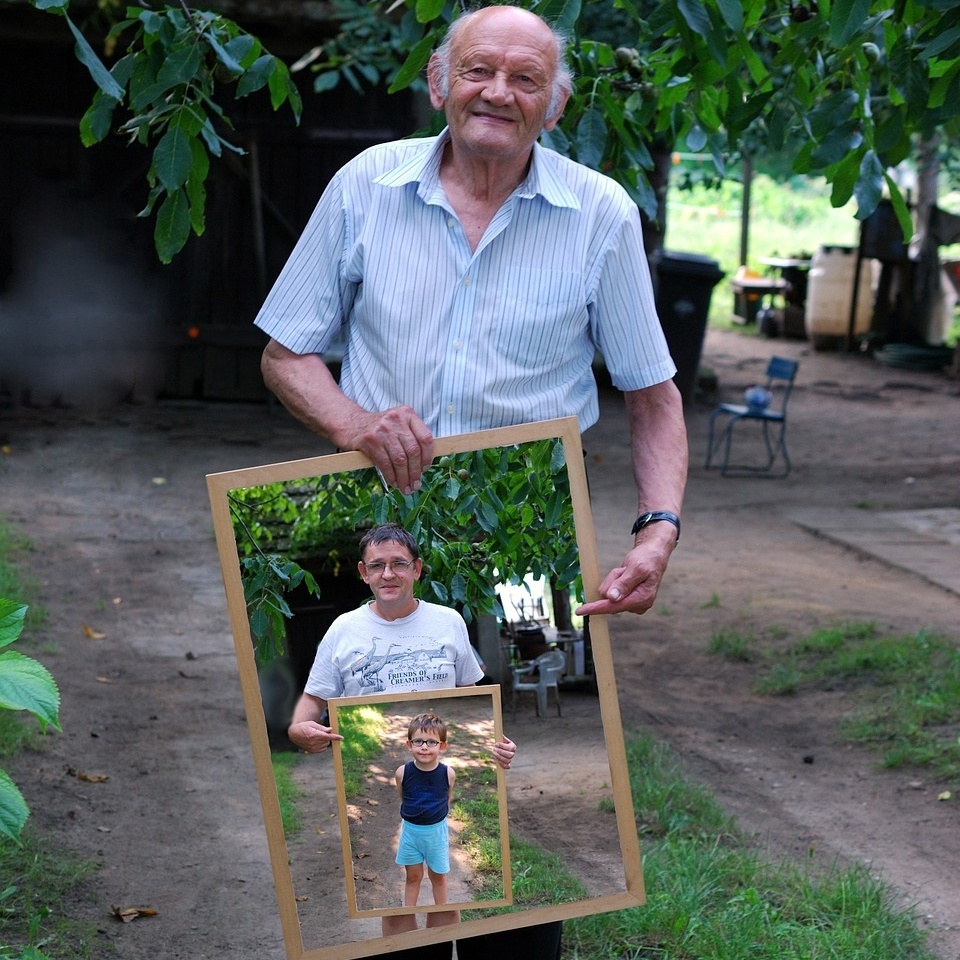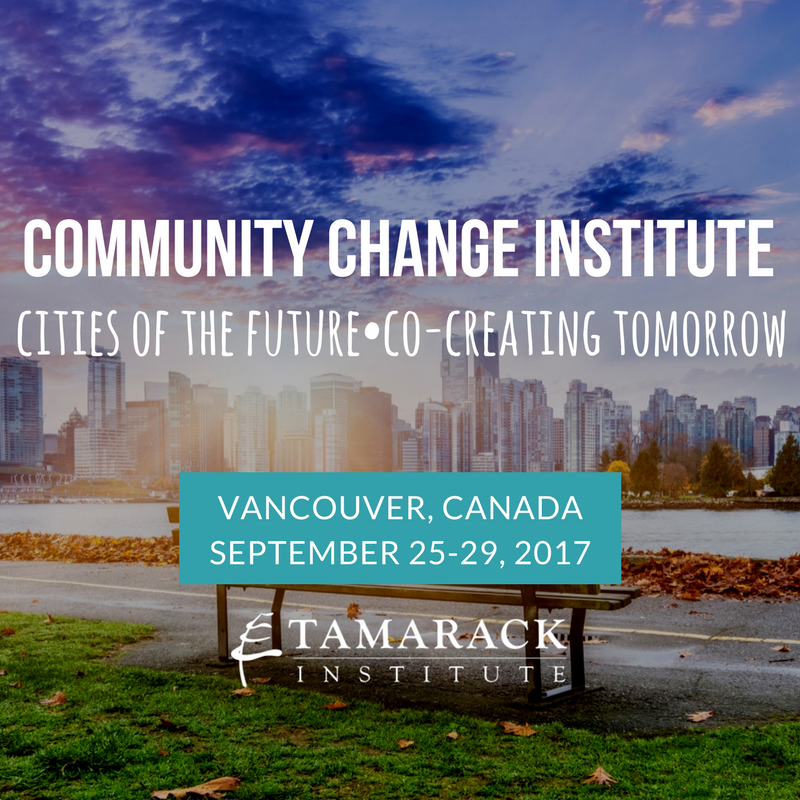Tamarack Institute | June Edition, 2017
In this Issue:
- Perspectives and Potential Solutions When Working in Collaboration
- Online Community Engagement: Is the Data Valid?
- Towards a Canadian Poverty Reduction Strategy
- Exploring Belonging – Highlights from the 2017 CFC Conference
- A Tribute to the Caledon Institute of Social Policy
- The Latest from the Field
- Upcoming Events You Won't Want to Miss
Perspectives and Potential Solutions When Working in Collaboration
BY: LIZ WEAVER
In November 2016, Tamarack partnered with Collaboration for Impact in Australia to deliver a series of community engagement and collective impact master classes. These master classes were co-designed and co-delivered by Liz Weaver of Tamarack; Max Hardy of Collaboration for Impact; and Kevin Robbie formerly with United Way Australia.
The curriculum led to many interesting conversations about the contextual differences in how communities in Canada and Australia are embracing community engagement and collective impact. Both countries share much in common but there are also many subtle and overt nuances.
After the master class series, Max Hardy and Liz Weaver began to exchange emails about the opportunities and challenges they were facing in supporting collective impact and community engagement efforts in both countries. This paper, Perspectives from the Field: A Conversation About Collective Impact & Collaboration from Australia and Canada, consists of their reflections on the questions that communities are struggling to address, perspectives and potential solutions. This paper is co-published by Tamarack Institute and Collaboration for Impact. Some the questions Liz and Max explore include:
- Why is local context a critical success factor in community change efforts?
- How can we measure progress when so many of the measures are lagging indicators?
- How do we ensure that it is truly a “community agenda” not just the shared agenda of the folks around the Collective Impact (CI) table?
We are interested to hear your thoughts and wonder if there are additional questions you would like Liz and Max to muse about.
Learn More
- Download Perspectives from the Field: A Conversation About Collective Impact & Collaboration from Australia and Canada by Liz Weaver and Max Hardy
- Learn more about Liz Weaver and the Tamarack Institute
- Learn more about Max Hardy and Australia’s Collaboration for Impact
Share this article:
Online Community Engagement: Is the Data Valid?
BY: LISA ATTYGALLE
Community engagement processes have evolved significantly in the past 15 years with the creation of online engagement methods to complement traditional in-person community engagement. Now, it is common for online community engagement – through online surveys, polling, forums, social media, discussion groups, etc. – to make up a significant portion of engagement activities. The benefits of online engagement are real: the increased breadth of participation, being able to reach people on their own schedule, and reduced costs of printing and distribution, to name just a few.
There are also challenges associated with online engagement, one of which is – can we trust the validity of the data that comes out of online engagement processes? How can we ensure that one person is not submitting multiple times and skewing the data? How can we be sure that someone contributing actually lives in the identified geography? How can we avoid trolling and spamming in online discussions?
The Digital ID and Authentication Council of Canada (DIACC), a non-profit coalition of public and private sector leaders committed to developing a Canadian digital identification and authentication framework, recently released a publication, Digital Identity Authentication and Online Citizen Engagement. This paper, submitted by DIACC member PlaceSpeak, a location-based citizen engagement platform, explores the common challenges of ensuring data validity in online engagement and offers a solution that allows for the legitimacy and defensibility of data.
The proposed solution is to employ digital identity authentication and proof of residency to ensure legitimate and defensible engagement.
Digital identity authentication is a process to ensure that people are who they say they are online. In the physical world showing identification is common place, and in the digital world this practice is becoming common as well. It includes processes like verifying an account through an email confirmation, and two-factor authentication through home phone (audio PIN) or mobile phone (SMS PIN).
Proof of residency is most important when the engagement is place-based or used for democratic purposes to authenticate a person to a physical location. This type of authentication is emerging and DIACC have developed a Proof of Concept for Online Proof of Residency to provide a residency check, on demand, with a reasonable level of assurance¹. They have proposed four different levels of proof of residency from simply verifying that an address exists, through to verifying that the address exists, the individual is active within the jurisdiction and there are multiple corroborating proofs of that activity. The process for their proof of concept involves using Google Maps to locate their address and verifying it against their IP address.
While this is highly technical, these processes of authentication are being built directly into engagement platforms which will expand the use of online engagement into democratic processes that require robust levels of data validity. The result will be that community members will feel secure when providing their information, and engagement practitioners will be able to trust the data.
¹ Digital ID & Authentication Council of Canada. 2016. “Proof of Concept – Online Proof of Residency.” Digital ID & Authentication Council of Canada. June. https://diacc.ca/wpcontent/uploads/2016/06/Online-Proof-of-Residency-POC-FINAL.pdf
Learn More:
- Read the full whitepaper: Digital Identity Authentication and Online Citizen Engagement
- Visit the Digital ID and Authentication Council of Canada (DIACC) website
- Discover DIACC’s Proof of Concept for Online Proof of Residency
Share this article:
Towards a Canadian Poverty Reduction Strategy
BY: ALISON HOMER
Tamarack’s Vibrant Communities Canada (VCC) is contributing to the Government of Canada’s large-scale public engagement process towards a federal Canadian poverty reduction strategy. Through a partnership with Employment and Social Development Canada (ESDC), VCC supported 27 Cities Reducing Poverty (CRP) members to host 31 consultations across 9 provinces and territories, representing over 600 participants. ESDC will be collating feedback from these consultations into a What We Heard report that will be presented to the Honourable Jean-Yves Duclos, Minister of Families, Children and Social Development.
In addition to supporting local consultations, VCC submitted a brief to HUMA, the Standing Committee on Human Resources, Skills and Social Development and the Status of Persons with Disabilities, as part of their study of poverty reduction strategies. Since October 2016, 74 briefs have been submitted to HUMA and 162 witnesses have been heard, including many VCC partners and CRP members.
Tamarack’s brief to HUMA presents our vision for a poverty-free Canada, highlights some of the common values of our network members, emphasizes the importance of local efforts in reducing poverty, identifies challenges of measuring poverty reduction in a pan-Canadian effort, and introduces VCC’s Game Changer innovative approach to poverty reduction strategy and evaluation.
Learn More:
- Read Vibrant Communities Canada’s brief to HUMA, and stay tuned to vibrantcanada.ca to keep up-to-date on the federal consultation process
- Download the Government of Canada’s Towards a Federal Poverty Reduction Strategy Backgrounder and Discussion Paper
- Access the HUMA Brief Archive
- Read Employment and Social Development Canada’s Canadian Poverty Reduction Strategy
- Discover more resources on Vibrant Communities Canada’s Game Changer Approach to Poverty Reduction Strategy & Evaluation
Share this article:
Exploring Belonging – Highlights from the 2017 CFC Conference
BY: JANE HUMPHRIES
Belonging - there have been many articles and conversations around the concept of belonging - how it resonates within our communities, how our work places embrace it (or don’t!) and how in our own personal and family structures we explore what it means to be part of something. Last month I attended Community Foundations of Canada’s Conference in Ottawa where more than 750 community leaders came together to explore what belonging means to our collective work. Speakers and conference participants talked passionately for three days about what belonging means to them. None more so then a group of three community leaders: Desmond Cole (journalist and civil rights activist), Natan Obed (the brilliant young leader of Inuit Tapiriit Kanatami) and the thoughtful Senator Ratna Omidvar (Senate of Canada). From their varied and unique perspectives, they explored the state of belonging and what it means to each of them and why it’s so important to be having these discussions. View their conversation here: Vital Conversation on Belonging with Desmond Cole, Senator Ratna Omidvar and Natan Obed.
A major theme running through the conference was the (at times) very difficult discussion on reconciliation and equality. I overheard at table discussions a community and business leader saying that until recently he knew very little about the history of the Residential Schools and the enormous impact that has had on subsequent generations. How do we reshape our relationship with indigenous peoples? How do we collectively listen and collaboratively move forward? Cindy Blackstock, from First Nations Child and Family Caring Society of Canada gave a moving presentation which you can view here: Plenary with Cindy Blackstock.
We know that belonging is at the heart of building more resilient places to live, work and play. And we know that we are each responsible for working towards understanding what belonging means so that we can continue to model it in the work we do in our communities. To explore belonging further check out this report which uses the lens of social participation to better understand how we as individuals feel that we belong: Belonging: Exploring Connection to Community.
Learn More:
- View Vital Conversation on Belonging with Desmond Cole, Senator Ratna Omidvar and Natan Obed
- View Plenary with Cindy Blackstock
- Check out the Belonging: Exploring Connection to Community report
Share this article:
A Tribute to the Caledon Institute of Social Policy 
BY: PAUL BORN
The Caledon Institute is a social policy think tank. Co-founded by Alan Broadbent (Maytree) and Ken Battle (joined by Sherri Torjman and Michael Mendelson) in 1992, it has grown to become one of the most important organizations in Canada for its role in informing and influencing public opinion and fostering public discussion about poverty and social policy in Canada. After 25 years of remarkable work, Caledon will be closing its doors in December but its impact will live for many years to come.
This brief reflection in no way does justice to the massive contribution that Caledon has made nor does it intend to. The writing of this short article offered me the opportunity to reach out to Ken and Sherri; reflect on their work; and, help me to recognize and integrate the influence of their work on me, The Tamarack Institute and Canada. Collectively, champions of community change in Canada have another 7 months to reach out and to absorb the work of Caledon and recognize its influence on the work of reducing poverty in this country. Do visit the Caledon Institute’s website at: www.caledoninst.org to review for yourself the contribution it has made in its 25 years.
I first met Ken and Sherri at the 10th anniversary gathering of Caledon and was immediately impressed. Alan Broadbent, who was co-founding the Tamarack Institute with me, invited me to attend. Both Ken and Sherri are rigorous in their research and prolific in the number of issues they addressed over the years. Governments at the federal, provincial/territorial and local levels all used Caledon papers to inform their own discussions and the implementation of important social policies.
Caledon became an important partner with Tamarack and the McConnell Family Foundation as co-founders of Vibrant Communities Canada - Cities Reducing Poverty where they led the research and learning component of this national initiative. Their work informed the directions we took and inspired us to think about the important role of local government in poverty reduction.
In a recent interview, I asked Ken and Sherri to reflect on Caledon’s contribution. Ken was most engaged about his work on child benefit reform, which he has worked on throughout his career since the 1970s and certainly during his 25 years at Caledon. (See Child Benefit Reform in Canada: Politic Versus Policy, June 2015 for an important overview of this work.) We spoke at length about his contribution to the development of empirical, fact-based social policy in Canada. His contribution cannot be overstated as his work in no small part shaped one of the most important Child Benefit Programs in place within Canada today. In 2000, he was awarded the Order of Canada (social sciences category) in part for his work on this National Child Benefit.
Sherri’s reflection covered various areas that included her important work to examine the impact of the welfare wall: a term used to describe the obstacles faced by welfare recipients when they enter/re-enter the labour market. This included exploring the link between the welfare wall and a range of interventions including: disability income and supports, and assistance with other essential costs. (See Sherri’s paper Breaking Down the Welfare Wall for an overview of this work.) Sherri’s work has been recognized by numerous groups as well as her ability to be deeply engaging and to speak with tremendous power, credibility and vision. In recognition of her work, Sherri has received the Champion of Human Services Award from the Ontario Municipal Social Services Association in 2011 and also received the Top 25 Canadians Award from the Canadian Association of Retired Persons in 2010.
For me personally, a paper that Caledon released (under Sherri’s authorship) just as we were founding Tamarack has always been particularly influential. It was called Reclaiming our Humanity and I always remember it because this paper was the first time I had seen social policy written in such visionary terms. It deeply influenced me, and in turn the work of Vibrant Communities, for many years to come.
It is hard to imagine a Canada without the powerful voice of the Caledon Institute. Its work matters because social policy matters. Social policy arises from a common understanding of how we, as Canadians, want to care for one another. Thank you so much Ken, Alan, Sherri, Michael, Melanie, Anne and the many associates, volunteers, partners and board members who have supported your important work for a quarter century. Your work and contributions to this country will live on in no small part through the many people you have influenced and inspired. I am proud to consider myself as one of them.
Learn More:
- Visit the Caledon Institute of Social Policy website at www.caledoninst.org
- Discover Reclaming Our Humanity by Sherri Torjman
- Read Breaking Down the Welfare Wall by Sherri Torjman
- Read Child Benefit Reform in Canada: Politic Versus Policy by Ken Battle
Share this article:
THE HIDDEN VALUE OF CARE
By: Vickie Cammack
Read the Post
AFTER THE ECSTASY, THE LAUNDRY
By: Deb Halliday
Read the Post
ENDING PRECARIOUS EMPLOYMENT - A GAME-CHANGER STRATEGY
By: Mark Holmgren
Read the Post
SUNCOR ENERGY FOUNDATION INVESTS IN COMMUNITY INNOVATION: A NEW PARTNERSHIP
By: Kris Kulp
Read the Post
INVESTMENT OF $10 MILLION TO ADDRESS GENERATIONAL POVERTY IN SAINT JOHN
By: Living SJ
Read the Post
OF RECIPES AND PRINCIPLES - A MUSING ABOUT COLLECTIVE IMPACT
By: Liz Weaver
Read the Post
Community Change Institute:
Cities of the Future: Co-Creating Tomorrow
September 25-29, 2017
Vancouver, BC
This year’s 5 day Community Change Institute is centered on Cities of the Future: Co-Creating Tomorrow and will take place in beautiful Vancouver, BC from September 25-29, 2017. Cities of the Future is a global movement focusing on people, government, initiatives, technologies and organizations working to increase the quality of life in today’s cities. It will feature leading thinkers to inspire us daily, including:
- John Helliwell, co-editor of the World Happiness Report
- Shauna Sylvester, Director of Simon Fraser University’s Centre for Dialogue
- David Korten, Co-founder of YES! Magazine
- Ben Hecht, President of Living Cities
Learn through inspiring keynote speakers, peer discussion, design labs, arts and creativity, community tours, and over 30 workshops.
Learn more and join the growing number of change makers who have already registered.
Deepening Community for Collective Impact
September 19, 2017
Caledon, ON
Join Paul Born for a one day workshop where you will learn how to engage and deepen your community in order to build a common agenda for large scale change. Paul will share not only the fundamental principles of Collective Impact, he will provide key insights as one of North America’s top Community Engagement leaders on how Deepening Community can sustain us as leaders and produce the outcomes we so desire.
Webinars
Can’t make it? Don’t fret.
By registering you will also receive a recording of the live session along with related resources.
Lessons in Collaborating with the Enemy
Guest: Adam Kahane, Director of Reos Partners
Host: Mark Cabaj, President, Here to There
Date: June 15, 2017 | 1:00 - 2:00 p.m. EDT








